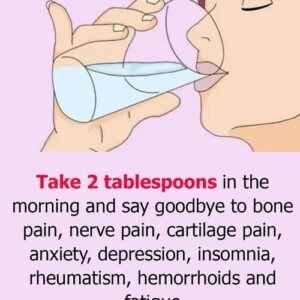Kidney Health and Prescription Pills: Unknown Dangers of Extended Use
Prescription drug use has increased recently and is now a crucial component of contemporary healthcare. These medications are essential for maintaining and enhancing quality of life, whether they are used to treat acute ailments or chronic diseases.
Although their advantages are indisputable, the dangers of frequent or extended use are frequently disregarded. The harm that some drugs can do to the kidneys is one of the most alarming side effects.
The kidneys are essential organs that filter toxins, maintain electrolyte balance, and eliminate waste from the blood. Their appropriate operation is essential for general health since they also support the production of red blood cells and control blood pressure.
The body as a whole suffers when kidney function deteriorates. Complications associated with impaired kidneys include anemia, high blood pressure, fluid retention, and weakening of the bones. Dialysis or a transplant are required in extreme situations.
Unfortunately, over time, a number of widely used prescription medications, such as painkillers, antibiotics, and medications for heart disease or high blood pressure, can strain or harm the kidneys. Those who already have diabetes, high blood pressure, or kidney disease are at a higher risk.
The risk is increased with prolonged use. Nephrons, the kidneys’ filtering units, can deteriorate or become scarred, which lowers their capacity to effectively eliminate toxins. This damage frequently occurs gradually, and symptoms might not appear until the illness has progressed.
Vigilance is necessary to safeguard kidney health. Patients should always take their medications as directed, refrain from taking them more than is necessary, and talk to their doctors about any possible risks. For patients receiving long-term treatments, routine kidney function testing is also crucial.
Prescription medications can still save lives, but it’s important to know how they might affect the kidneys. The best defenses against long-term harm are balance, observation, and well-informed care.





